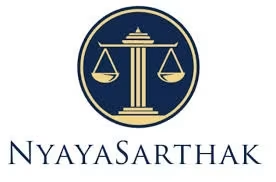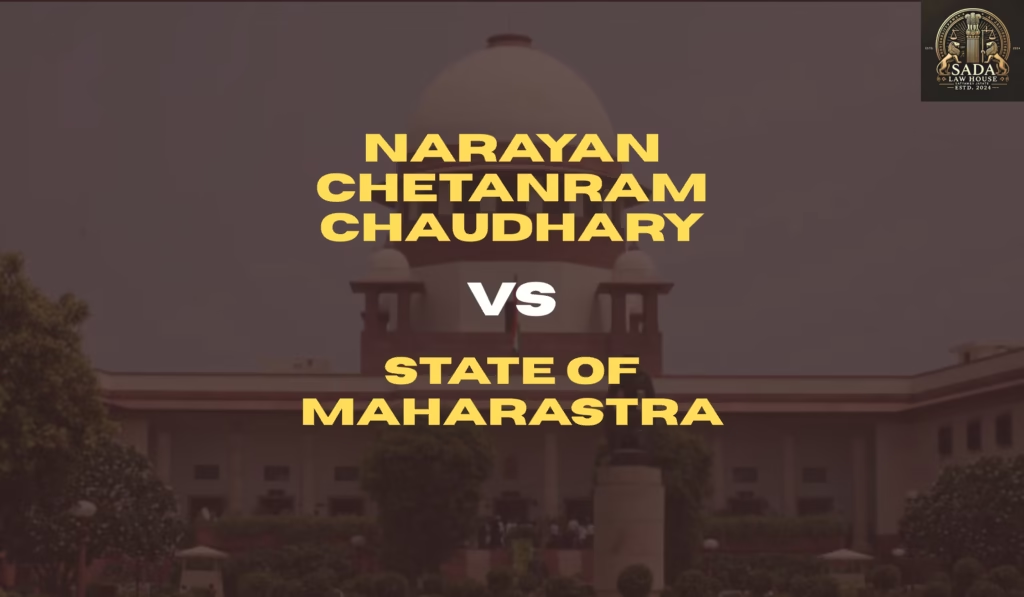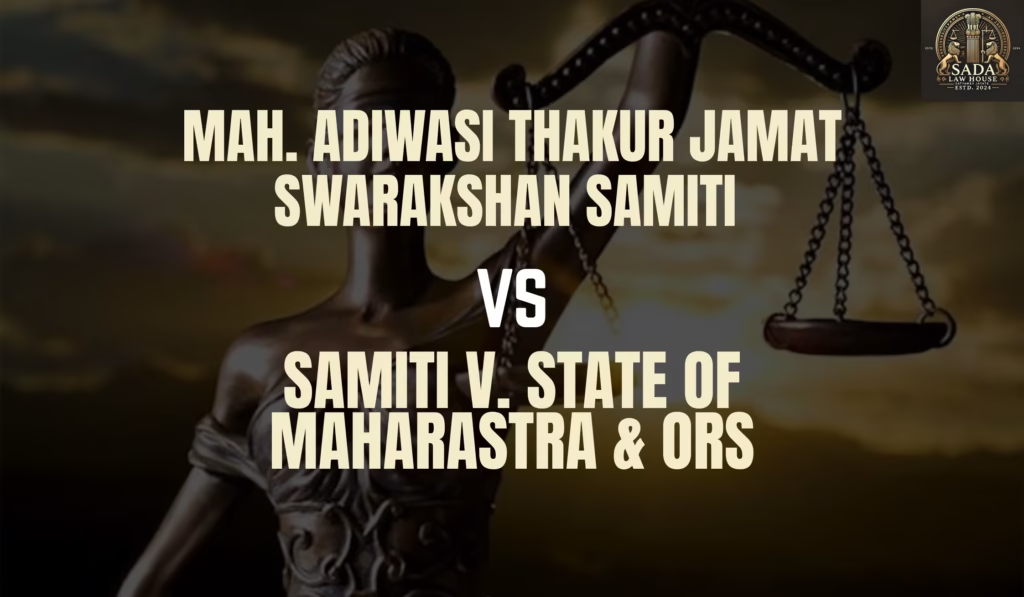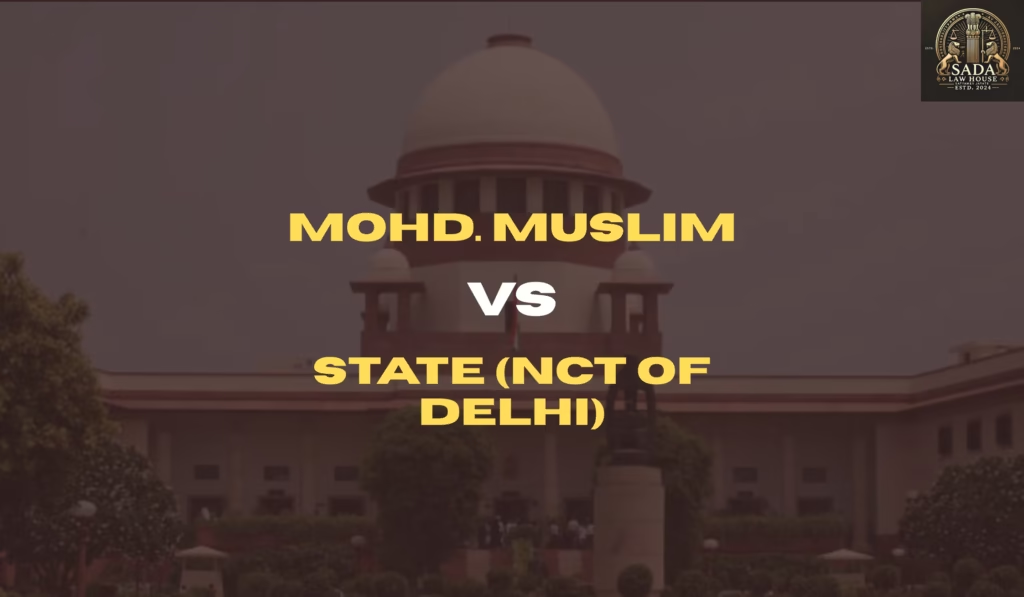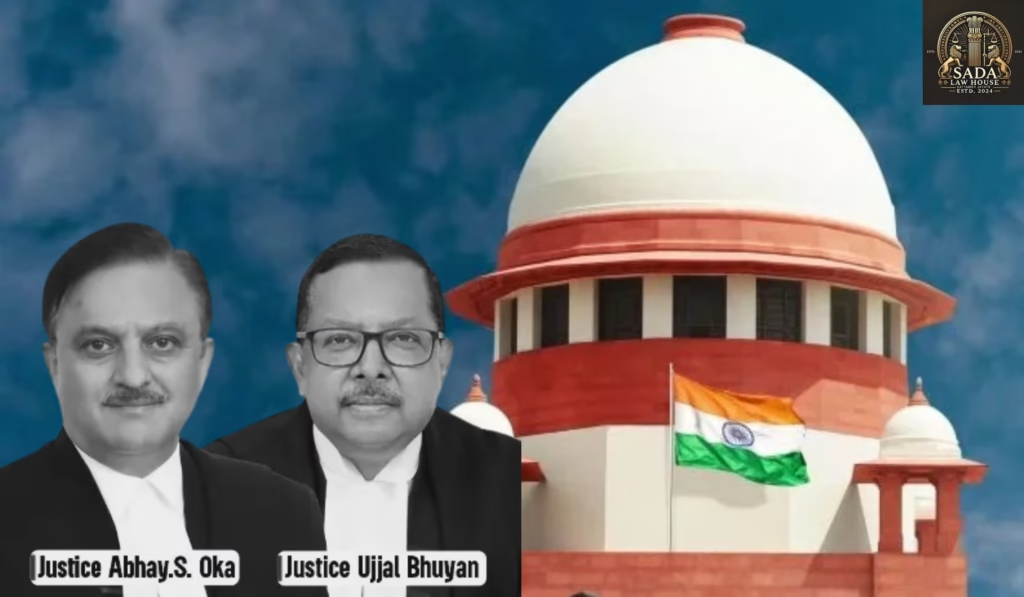Trending Today LEGAL INTERNSHIP OPPORTUNITY AT CHAMBERS FOR JUSTICE, DELHI LEGAL INTERNSHIP OPPORTUNITY AT AVNEESH ARPUTHAM LEGAL JOB OPPORTUNITY AT RISHABH GANDHI AND ADVOCATES LEGAL JOB OPPORTUNITY AT UTKRISHTHA LAW OFFICES LEGAL JOB OPPORTUNITY AT DEEPAK SINGH THAKUR & ASSOCIATES Mangilal v. State of Madhya Pradesh – Supreme Court Acquittal for Non-Compliance with Section 52A NDPS Act (2023) Trump Signs Sweeping Economic Orders: Tariffs, Spending Cuts, and Immigration Clampdown China Condemns Gaza Hospital Attack, Calls for Ceasefire UK Asylum Debate Intensifies as Nigel Farage Pushes “Operation Restoring Justice” Australia Expels Iran’s Ambassador After IRGC -Linked Synagogue Arson K Umadevi vs Government of Tamil Nadu 2025: Supreme Court Recognizes Maternity Leave as Fundamental Reproductive Righ NITU KUMARI 20 june 2025 Discover the landmark 2025 Supreme Court of India ruling in K Umadevi vs Government of Tamil Nadu that recognizes maternity leave as a fundamental reproductive right, overturning denial based on the two-child policy. Learn about the case facts, legal provisions, and implications for women’s rights in India. Introduction to K Umadevi vs Government of Tamil Nadu Case The Supreme Court of India delivered a landmark judgment on May 23, 2025, in the case of K Umadevi vs Government of Tamil Nadu. This case addressed the denial of maternity leave to a female government employee due to the state’s two-child policy. The Court ruled that maternity leave is a crucial part of reproductive rights and cannot be denied on the basis of a two-child norm, affirming women’s constitutional rights to equality, dignity, and personal liberty. Facts of the Case: Denial of Maternity Leave for Third Child K Umadevi, a government school teacher in Tamil Nadu, was denied maternity leave after becoming pregnant with her third child from her second marriage. The state invoked Fundamental Rule 101(a), which restricts maternity leave for female government employees who already have two surviving children. Despite her challenge in the Madras High Court, where she initially won, the Division Bench overturned the decision. The case eventually reached the Supreme Court of India for a final verdict. Key Legal Issues in K Umadevi vs Tamil Nadu Government Is maternity leave a constitutional right linked to reproductive rights or merely a statutory benefit? Can the two-child policy justify denial of maternity leave to female government employees? Does the Maternity Benefit Act, 1961 impose any limit on the number of children for which maternity leave can be granted? Should service rules consider children not under the mother’s custody (from a prior marriage) when applying the two-child norm? Relevant Legal Provisions Article 21 of the Constitution of India – Right to Life and Personal Liberty The Supreme Court examined if denying maternity leave violates Article 21, which guarantees the right to life with dignity. Section 5 & Section 27 of the Maternity Benefit Act, 1961 These sections ensure paid maternity leave during pregnancy and after childbirth, and give the Act overriding power over inconsistent laws or service rules. Article 14 of the Constitution of India – Right to Equality The Court highlighted that denying maternity leave based on the number of children without individual consideration is discriminatory and violates the right to equality. Supreme Court Judgment: Upholding Maternity Leave as a Reproductive Right The two-judge bench, comprising Justices Abhay S. Oka and Ujjal Bhuyan, set aside the Division Bench’s ruling and upheld the Single Judge’s decision in favor of K Umadevi. The Court emphasized: Maternity leave is an integral part of women’s reproductive rights, encompassing dignity, privacy, health, and equality. Population control policies like the two-child norm must be balanced with the constitutional rights of female employees. Maternity leave must be granted regardless of the number of children, as childbirth is a natural incident of life. Women should be treated with respect and dignity in the workforce, and maternity benefits are essential to support their well-being and work performance. Impact and Conclusion The Supreme Court’s decision in K Umadevi vs Government of Tamil Nadu (2025) is a significant victory for women’s reproductive autonomy and labor rights. It clarifies that denying maternity leave based on restrictive population control policies violates constitutional protections under Articles 14 and 21. This judgment reinforces maternity benefits as fundamental rights, encouraging fair treatment of women employees across India. Leave a Reply Cancel Reply Logged in as Aliya Ansari. Edit your profile. Log out? Required fields are marked * Message* Case Laws Mangilal v. State of Madhya Pradesh – Supreme Court Acquittal for Non-Compliance with Section 52A NDPS Act (2023) Aliya Ansari • August 28, 2025 • Case law • No Comments The eligibility of extended limitation and penalties under Central Excise law in cases of alleged duty evasion by M/s Reliance Industries, based on bona fide classification disputes. Aliya Ansari • August 28, 2025 • Case law • No Comments K Umadevi vs Government of Tamil Nadu 2025: Supreme Court Recognizes Maternity Leave as Fundamental Reproductive Right Sada Law • June 20, 2025 • Case law • No Comments 1 2 3 … 5 Next »



